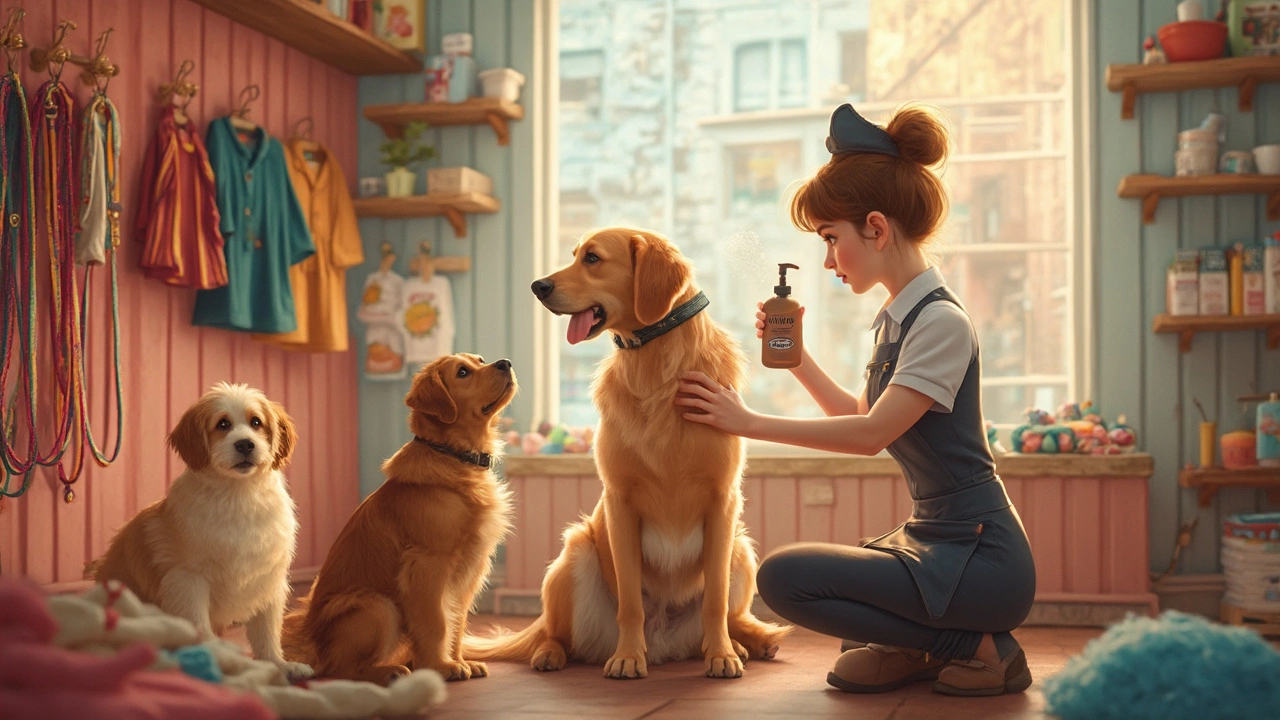Dog Odor: Quick Fixes for a Fresh‑Smelling Pup
Nothing feels worse than a stinky dog greeting you at the door. The good news? Most dog odors are easy to manage. Below are no‑nonsense tricks that work for any breed, size, or age.
Regular Grooming Is Your First Line of Defense
Bathing a dog too often can strip natural oils, but skipping baths lets odor build up. Aim for a bath every 4‑6 weeks with a mild, canine‑safe shampoo. While you’re in the tub, scrub the paws, ears, and tail base—those spots love to trap dirt.
Don’t forget the brush. Brushing removes loose hair and distributes skin oils, which reduces musty smells. A quick brush after each walk keeps the coat tidy and the odor at bay.
Mind Your Dog’s Diet and Digestion
What a dog eats shows up in its smell. Low‑quality kibble can cause digestive issues that lead to gas and a sour scent. Switch to a high‑protein diet with real meat and limited fillers. Adding a spoonful of plain pumpkin puree or a dog‑approved probiotic can settle the stomach and cut down on foul gas.
Watch for food allergies. If your pup’s skin looks inflamed or itchy, the irritation can produce a strong odor. A simple elimination diet helps spot the culprit.
Keep the Environment Clean
Even a clean dog can pick up smells from dirty bedding or carpet. Wash blankets, toys, and beds weekly in hot water. Vacuum regularly, especially where your dog likes to nap.
Use an enzyme‑based cleaner on accidents. Regular cleaners only mask odor; enzymes break down the source, stopping repeat marking.
Check the Ears and Teeth
Ear infections and dental disease are major odor sources. Look for dark, smelly discharge in the ears and schedule a vet check if you see it. For teeth, brush with a dog‑safe toothpaste a few times a week and offer dental chews to reduce plaque.
Bad breath isn’t just gross—it can signal gum disease. A quick sniff test can tell you when it’s time for a professional cleaning.
When Odor Persists, Call the Vet
If you’ve tried grooming, diet tweaks, and home cleaning but the smell sticks around, it could be a health issue like skin infection or hormonal imbalance. A vet visit can rule out infections, allergies, or metabolic problems.
Early detection saves money and keeps your dog comfortable. Bring a sample of the smell (like a swab from the skin) if the vet asks—it helps with diagnosis.
Keeping a dog odor‑free is mostly about consistency. Stick to a grooming schedule, feed quality food, and stay on top of hygiene. Follow these steps and you’ll say goodbye to that not‑so‑pleasant pup perfume for good.

